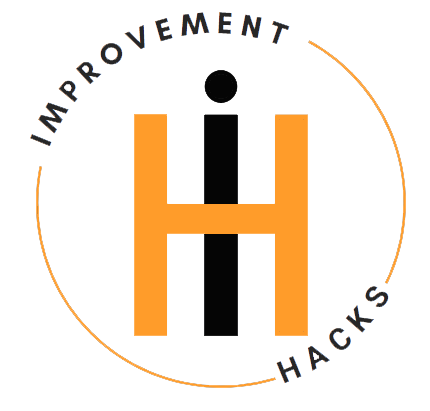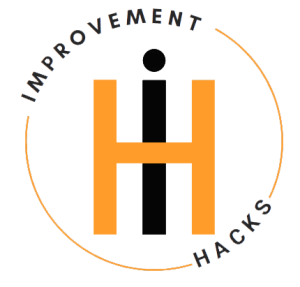Are You Busy or Productive?
Do you feel like you’re always busy but never truly productive?
I get it, I’ve been there.
A lot of people mistakenly confuse activity with achievement, but the key to success lies in managing time wisely.
With only 24 hours in a day, eight of which should be for rest, the remaining time is valuable.
If you want to make the most of your day, it’s important to identify and get rid of poor time management practices that could be holding you back.
Procrastination: The Silent Productivity Killer
Have you ever found yourself putting off a task, even though you knew it had to be done?
Procrastination is one of the most common poor time management practices.
It holds you back from making any progress, no matter how many to-do lists you sit down and write.
Some people claim they can work better under pressure, but in reality, they’re just delaying the inevitable, making their tasks harder than they really need to be.
When you procrastinate, you will often wait until the last minute to start a project.
This leads to stress, rushed work, and frustration when things don’t go smoothly.
If this sounds a bit familiar, just ask yourself:
- Are you unsure about how to start?
- Did you take on more than you can handle?
- Is disorganization slowing you down?
By identifying the root cause of your procrastination, you can take action to overcome it and improve your time management practices.
The Problem with Being Late
Do you think being late is just a minor inconvenience?
Think again.
Successful people value their time and rarely show up late.
Being late is not just disrespectful to others; it also shows a lack of control over your schedule.
This includes more than just arriving late to meetings, it also means missing deadlines and delaying important tasks.
To improve your time management practices, start by prioritizing your punctuality.
If you know you won’t be able to meet a deadline, it’s better to decline or reschedule it, rather than to commit and fail to deliver on time.
Perfectionism: The Hidden Time Waster
Ever spend hours tweaking a project that was already good enough?
Striving for perfection may seem like a good habit, but it can actually be a waste time.
Expecting flawless results from yourself or others will just slow down progress.
I mean, who really wants to work with someone who constantly delays completion because they’re never satisfied with the outcome?
Instead, focus on knocking out quality work within a reasonable timeframe.
A well-executed task that’s finished on time is more valuable than a “perfect” task that never gets done.
Vague Goals Lead to Wasted Time
You can’t hit a target you can’t see.
If you don’t set clear and realistic goals, how you going to manage to prioritize them?
Defining what your objectives are is essential for effective time management practices.
When goals are unclear, progress becomes difficult to track, and your productivity suffers.
To avoid wasting time, always:
- Set specific, measurable goals.
- Create a step-by-step plan to achieve them.
- Regularly check progress and adjust when needed.
The Power of Saying “No”
Feel guilty about turning people down?
Many people struggle with saying “no,” fearing they’ll disappoint others.
However, accepting every request can lead to burnout and prevent you from completing your own tasks.
So, the next time someone asks for help with something that doesn’t align with your priorities, politely decline or suggest someone else who may be better suited for the task.
Protecting your time is key to improving your time management practices.
Poor Performance: Focusing on Quantity Over Quality
Ever feel like you’re working hard but not getting any meaningful results?
Doing more isn’t always better.
Rushing through tasks just to check them off your list can lead to poor-quality work.
For example, grading 100 spelling tests in an hour isn’t the same as carefully reviewing two research papers.
Instead of focusing on how much you can complete, prioritize tasks that truly matter and allocate the right amount of time to each.
The Distraction Trap
Have you ever had a time when you’ve been working on something, only to get sidetracked?
Distractions are a major contributor to poor time management practices.
While a lot of people believe multitasking is productive, it actually reduces efficiency.
Constant notifications, social media, and background noise can make a simple task take twice as long.
To stay focused:
- Silence your phone.
- Close unnecessary browser tabs.
- Set dedicated blocks of time for deep work.
Final Thoughts: Take Control of Your Time
Feeling overwhelmed by time slipping away?
Improving your time management practices isn’t just about work, it can impact every aspect of life, including personal relationships and mental well-being.
Poor time management leads to stress, missed opportunities, and wasted potential.
By recognizing and eliminating these bad habits, you can transform your daily routine, accomplish more, and feel in control of your time.
Don’t let poor time management practices hold you back, take charge today!






